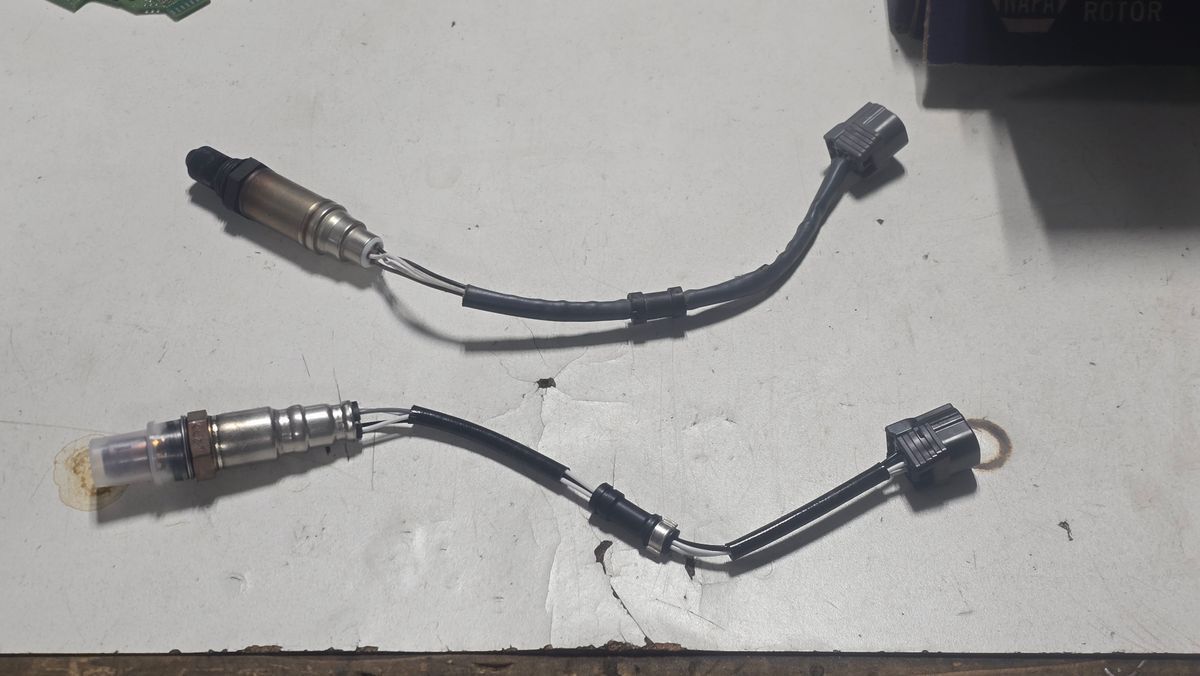Blog

Oxygen Sensors & Air-Fuel Ratio Sensors: How They Work and Why Diagnosis Matters | Accomplished Auto
By clint
•
January 7, 2026
Understanding modern exhaust sensors, accurate diagnostics, and why proper testing saves you money
Loading ...
Missing business hours data / Error occurred while getting the data.
Loading ...
Missing business hours data / Error occurred while getting the data.

Loading ...
Missing business hours data / Error occurred while getting the data.
Loading ...
Missing nap lines data / Error occured while getting the data.